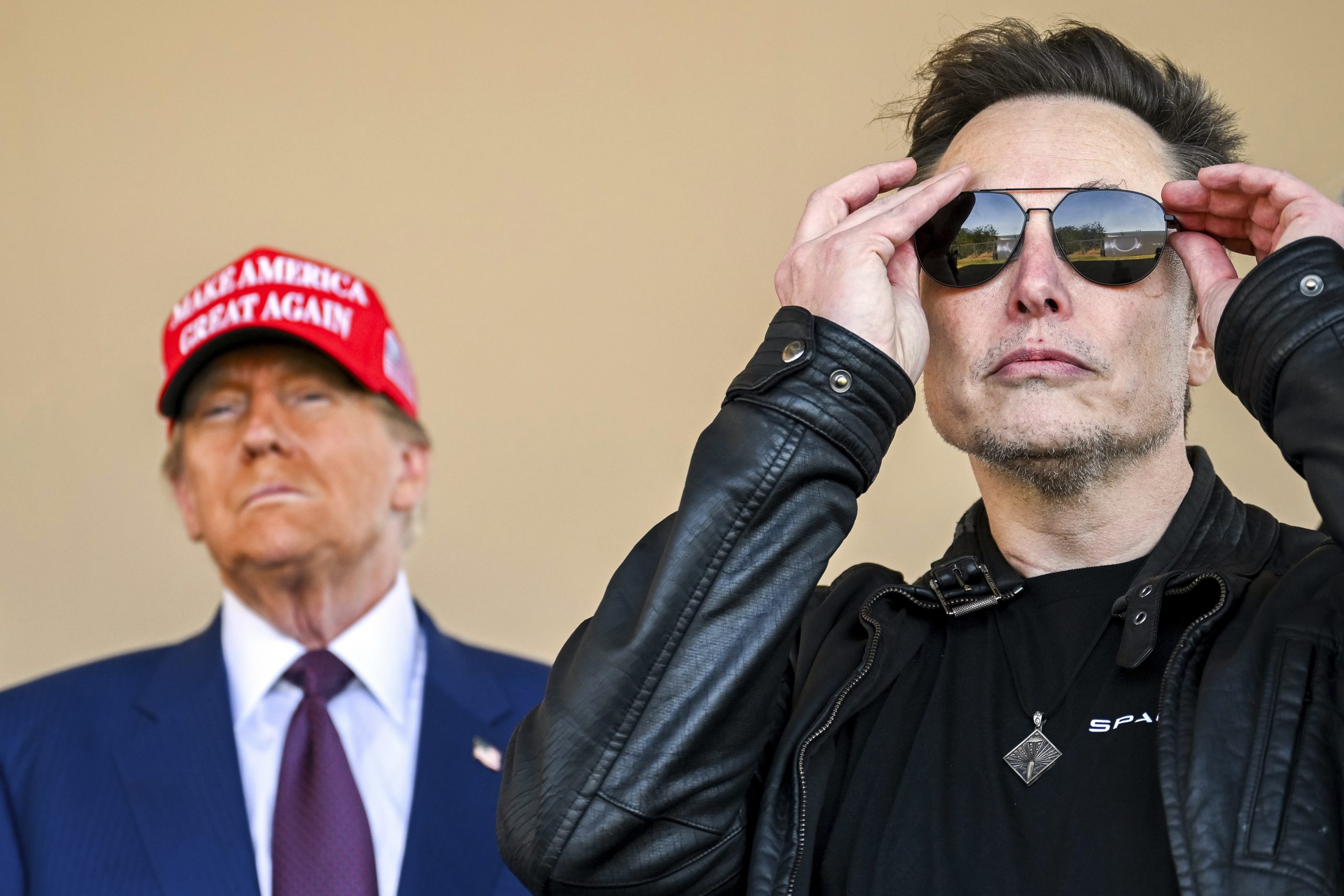The ideological divide within the American right over work visas has taken a new turn with Donald Trump publicly siding with proponents of the H-1B visa program in an interview with the New York Post.
For Greek students and young professionals aspiring to work in the United States—and for countless other foreign professionals—the future remains uncertain, with no clear resolution in sight for at least the next four years.
At the heart of this uncertainty lies a deep divide within Trump’s circle over legal immigration policy. The chasm between two factions—the tech-focused entrepreneurs who support the H-1B visa program and the populist right opposed to its expansion—seems insurmountable.
Currently, it appears the “tech bros”—executives from startups and tech giants like Elon Musk and Vivek Ramaswamy—hold the upper hand. They argue that the H-1B visa, designed for skilled immigrants, bolsters economic growth and innovation, especially during a period of heightened competition with China.
Opposing them are stalwart members of the populist right, including figures like Laura Loomer, Ann Coulter, and Steve Bannon, who fiercely argue against the program, citing its threat to American workers.
Trump’s recent endorsement of the H-1B program set a direction for his faction but failed to resolve the debate. “One of the hallmarks of Trump’s rise to power has been his focus on the economic effects of immigration,” said Matthew Boyle, Washington bureau chief of Breitbart News, in an interview with To Vima.
“There used to be a broad bipartisan consensus that increasing the labor supply decreases wages for American workers. Over the past few decades, however, our political class in America—both major parties—has abandoned this debate in favor of simply increasing immigration, largely to satisfy big business and special interests,” Boyle explained.
“The debate you are seeing now among various factions on the American right is a healthy return to the forefront of this discussion. This is not an anti-immigration versus pro-immigration debate. Rather than serving special interests our immigration policy should serve the interests of the American working class.”
The Role of the H-1B Visa
The H-1B visa program is pivotal for international professionals, including Greek students pursuing advanced degrees in the U.S. The visa is specifically granted to individuals with specialized skills and is often used to fill roles in large companies.
However, obtaining the visa is no small feat. A convoluted process, steep legal fees, prolonged delays, and the lottery-based system often discourage employers.
Stavros Piperidis, a graduate student at Johns Hopkins University, highlighted the growing hesitation among employers. “This uncertainty began as early as April. I know students who have graduated but are stuck in limbo. Companies are waiting for clarity on immigration policies before making long-term decisions,” he said.
Spyros Spiromilios, a student at Georgetown University, offered a more optimistic perspective. “Meritocracy is deeply ingrained in American culture. No administration will entirely close the door to skilled immigrants,” he said. “Obtaining an H-1B visa isn’t a right; it’s a privilege. If opportunities narrow, it will ensure that only the most competitive candidates remain, ultimately benefiting the U.S. economy.”
A Program Under Scrutiny
The H-1B program’s future has also drawn criticism for alleged abuses. Former Congressman Bruce Morrison, one of the architects of the 1990 Immigration Act that introduced the H1-B visa program, expressed disappointment in how the program has evolved
Morrison explained that the original purpose of the H-1B visa program was to bring foreign workers to the U.S. to contribute their expertise to the economy. However, he argued that companies have increasingly used the program to replace higher-paid American workers with cheaper foreign labor, while many foreign workers seek to secure permanent resident status through a non-immigrant visa.



